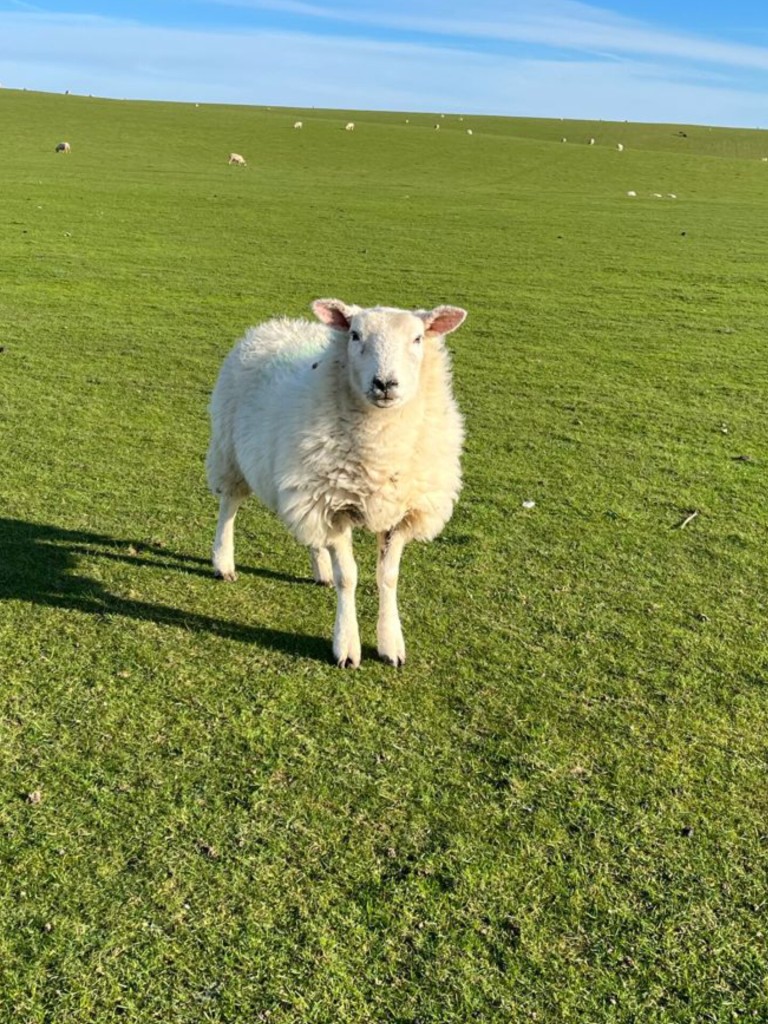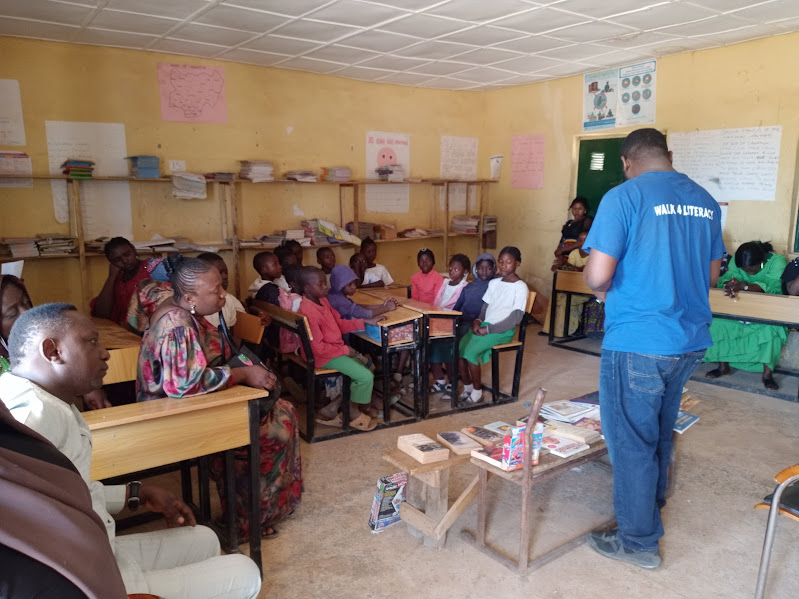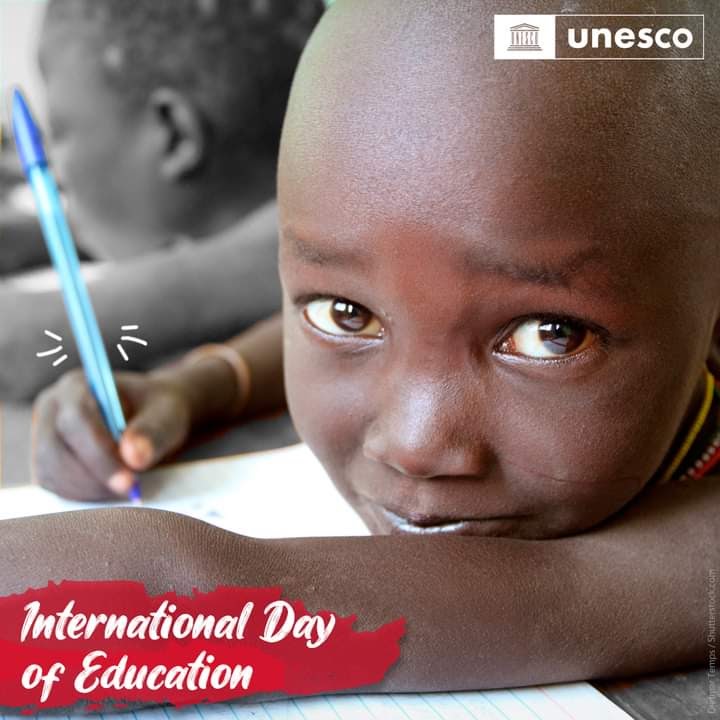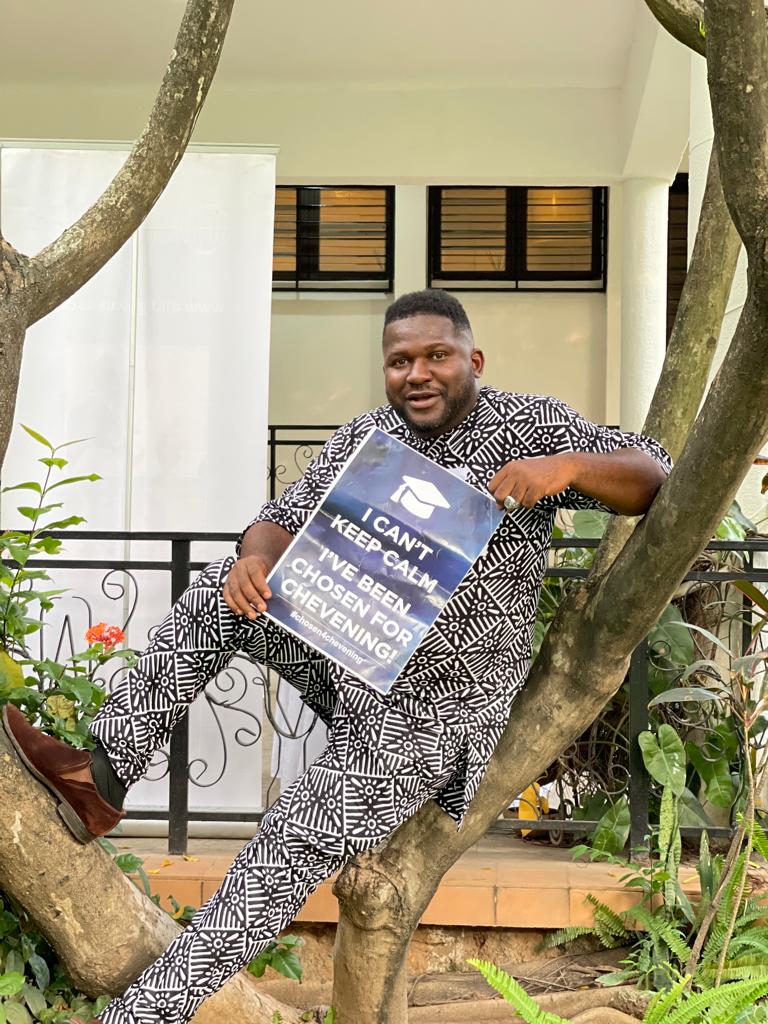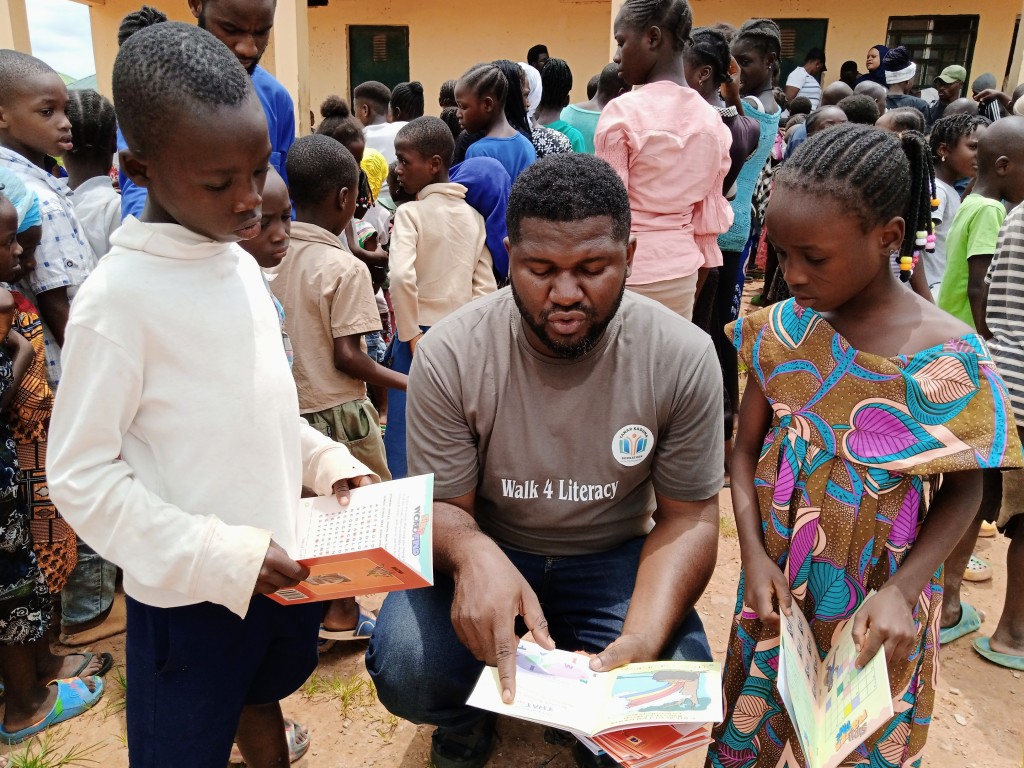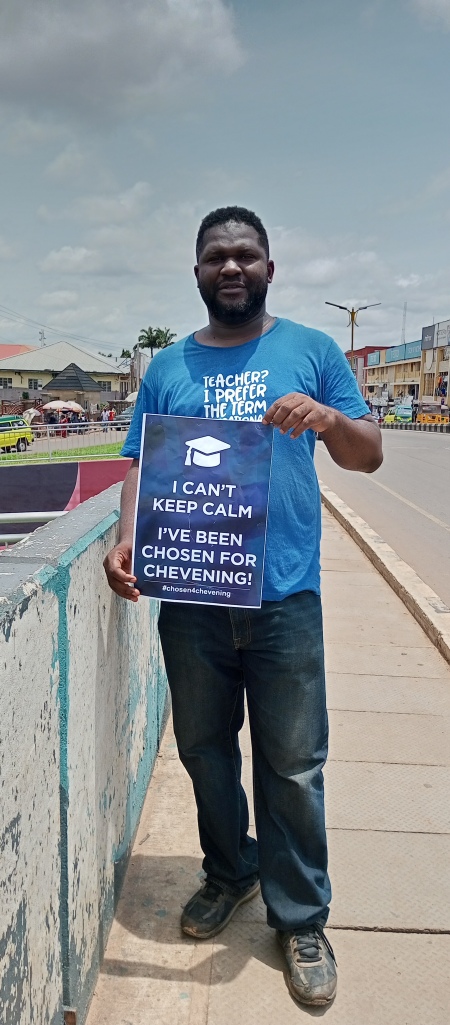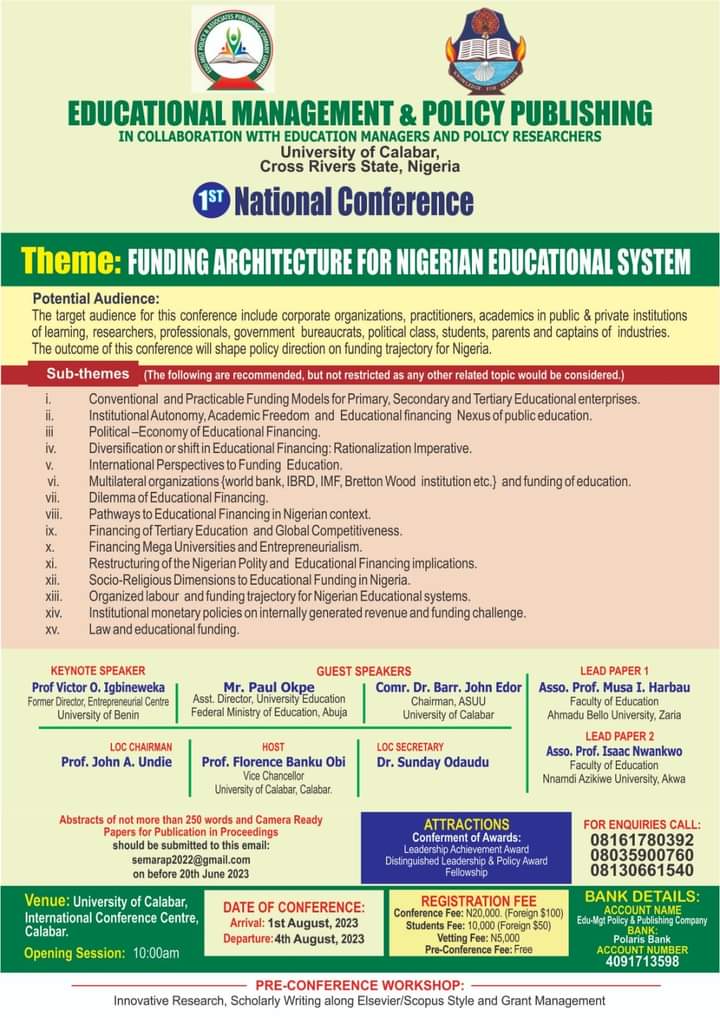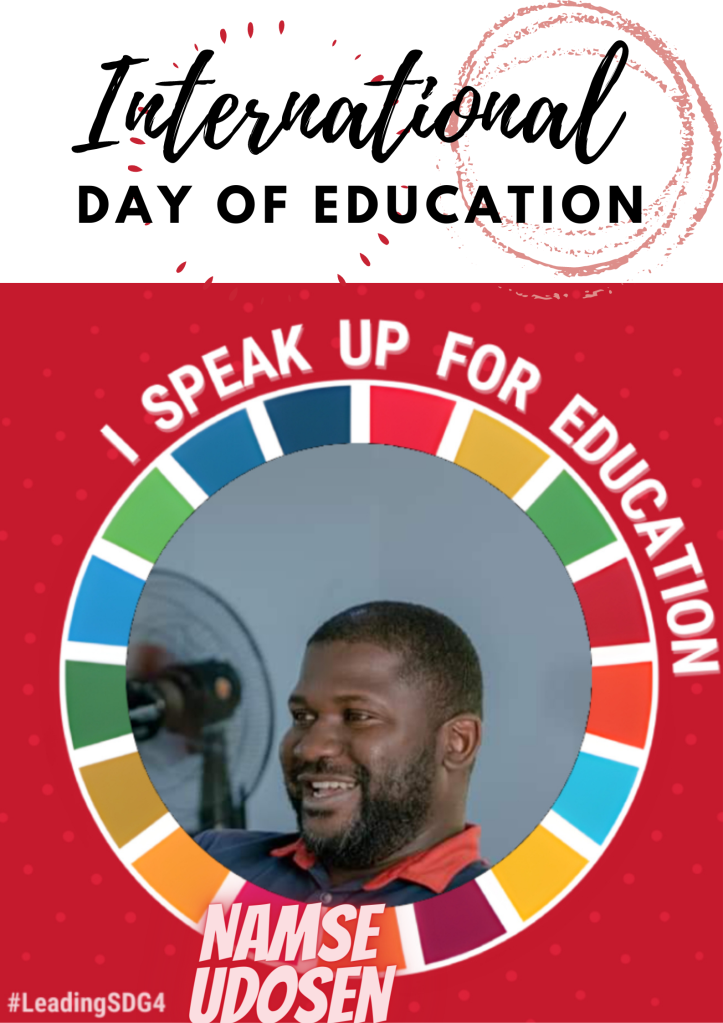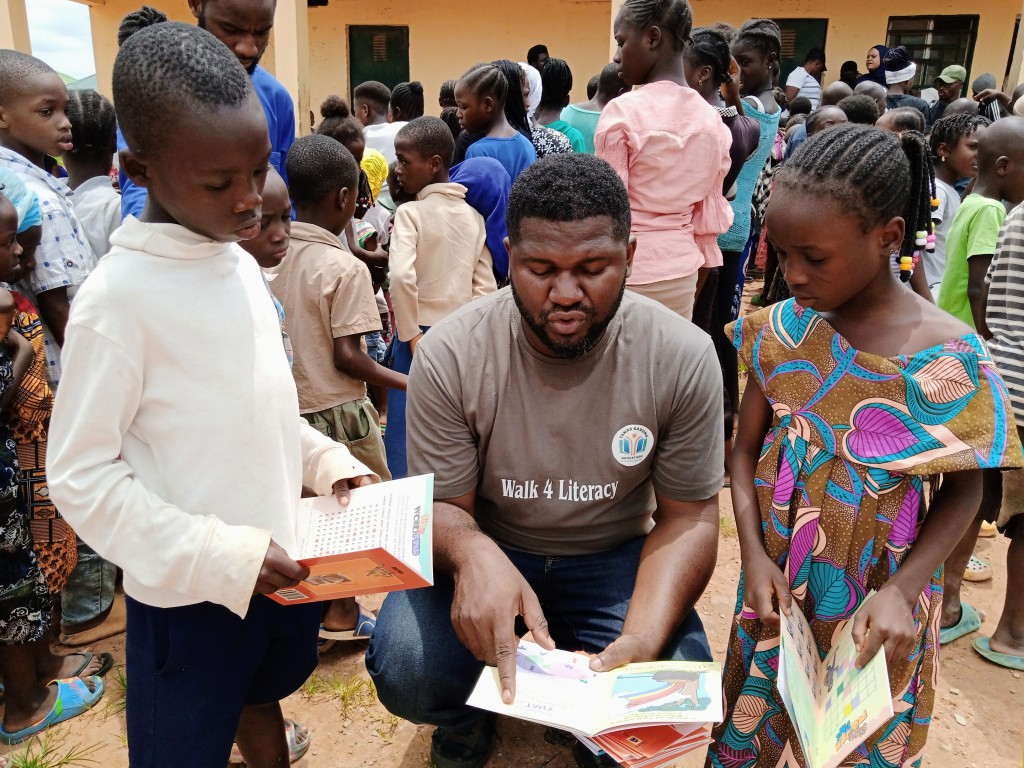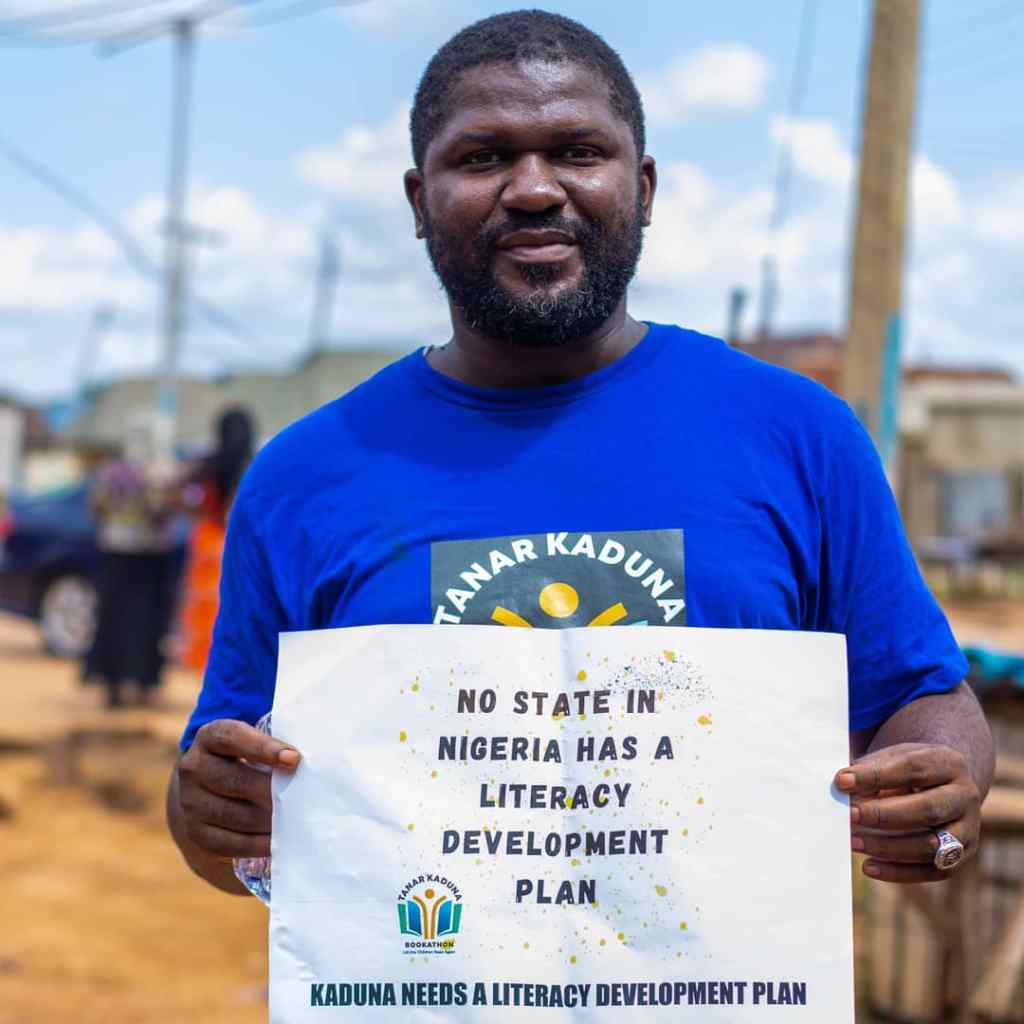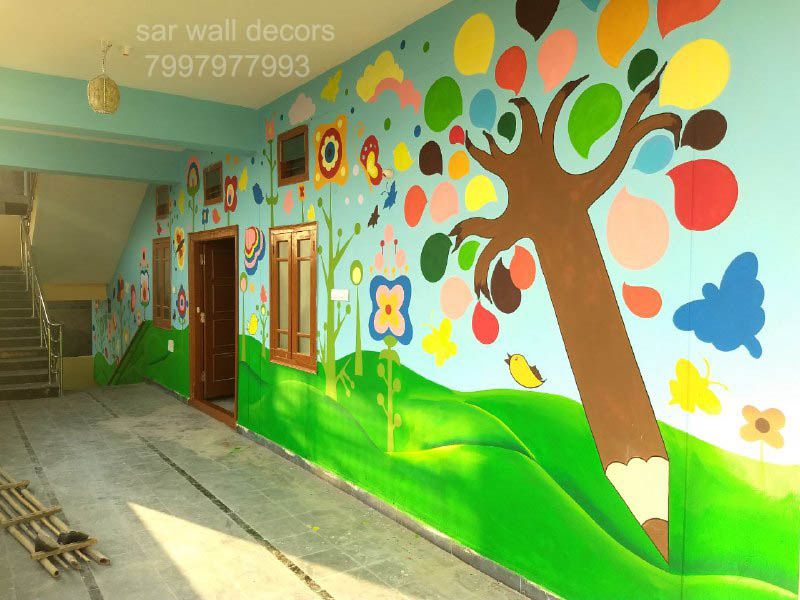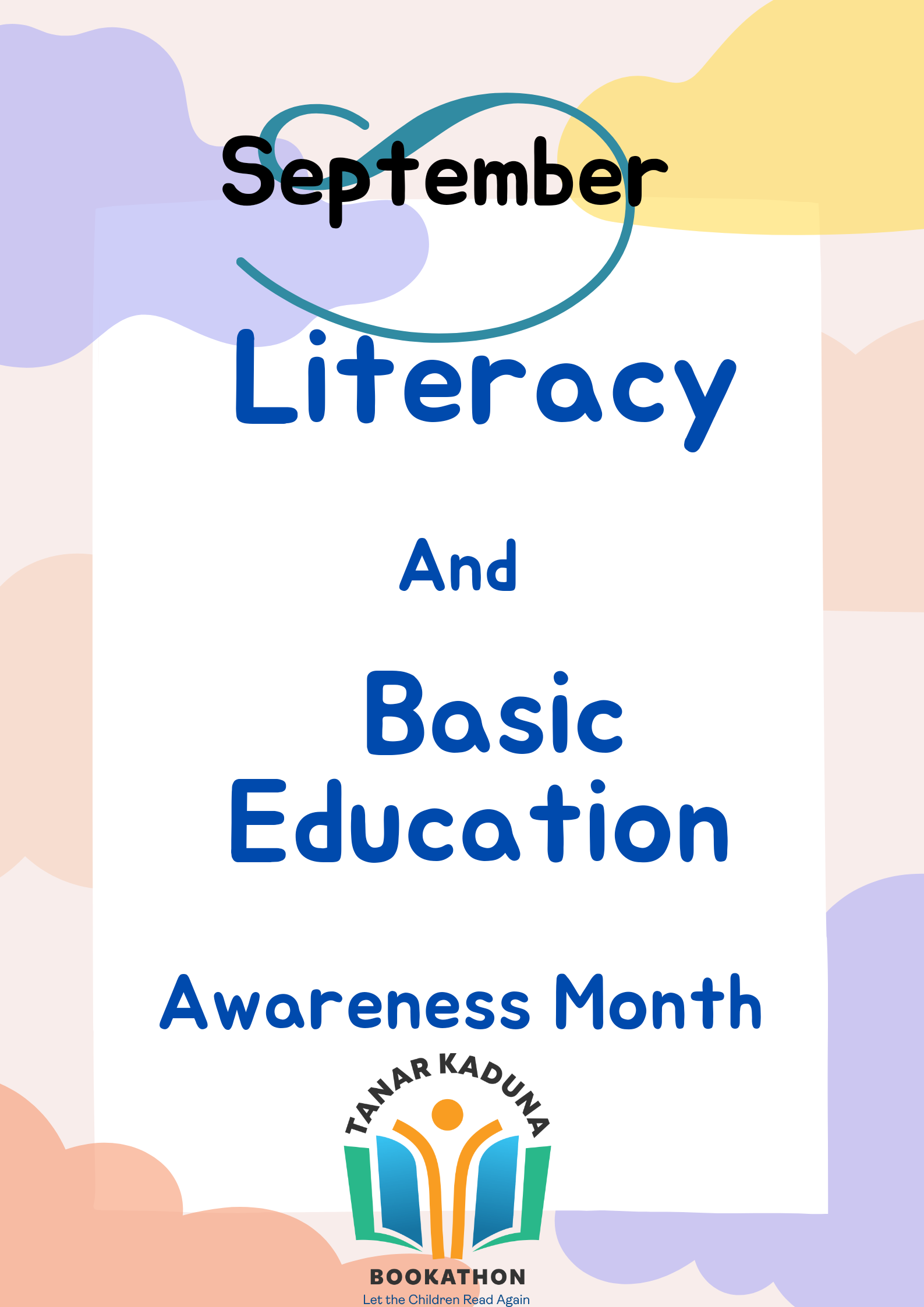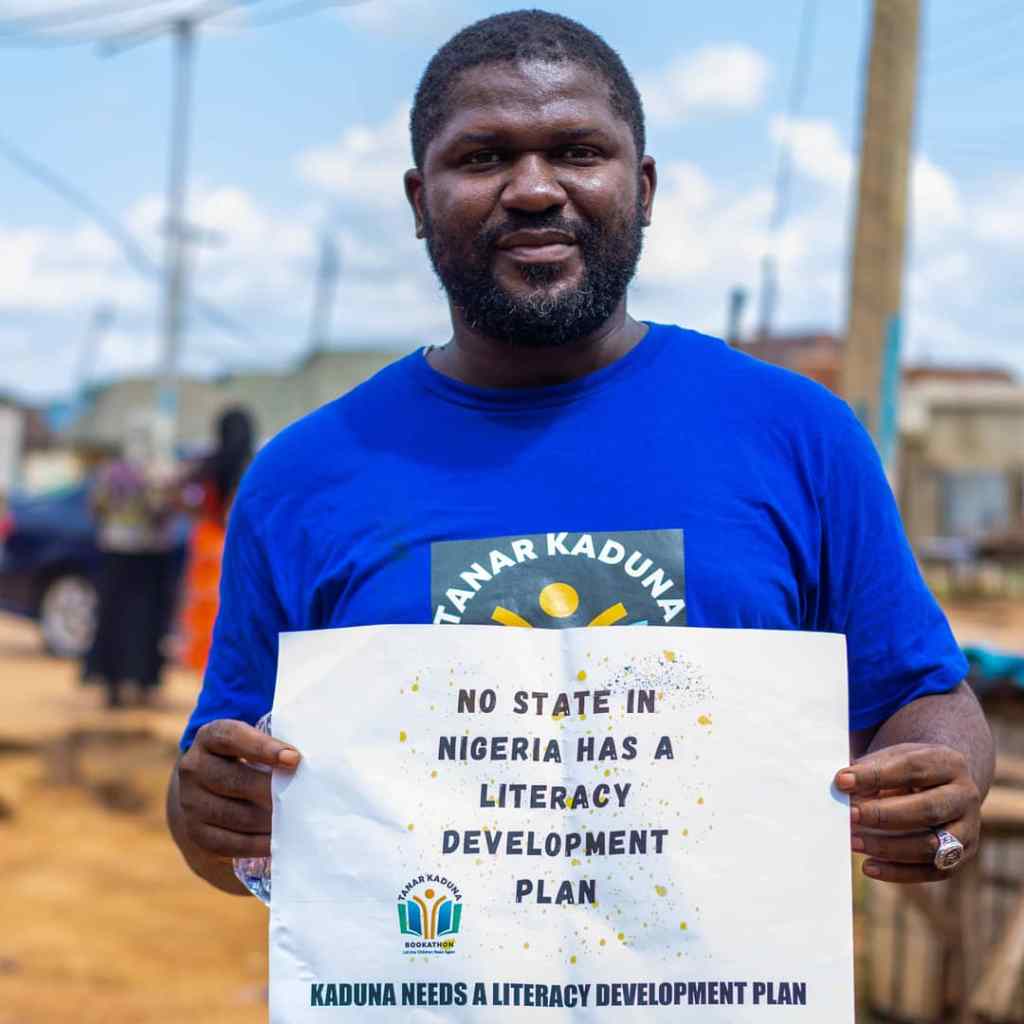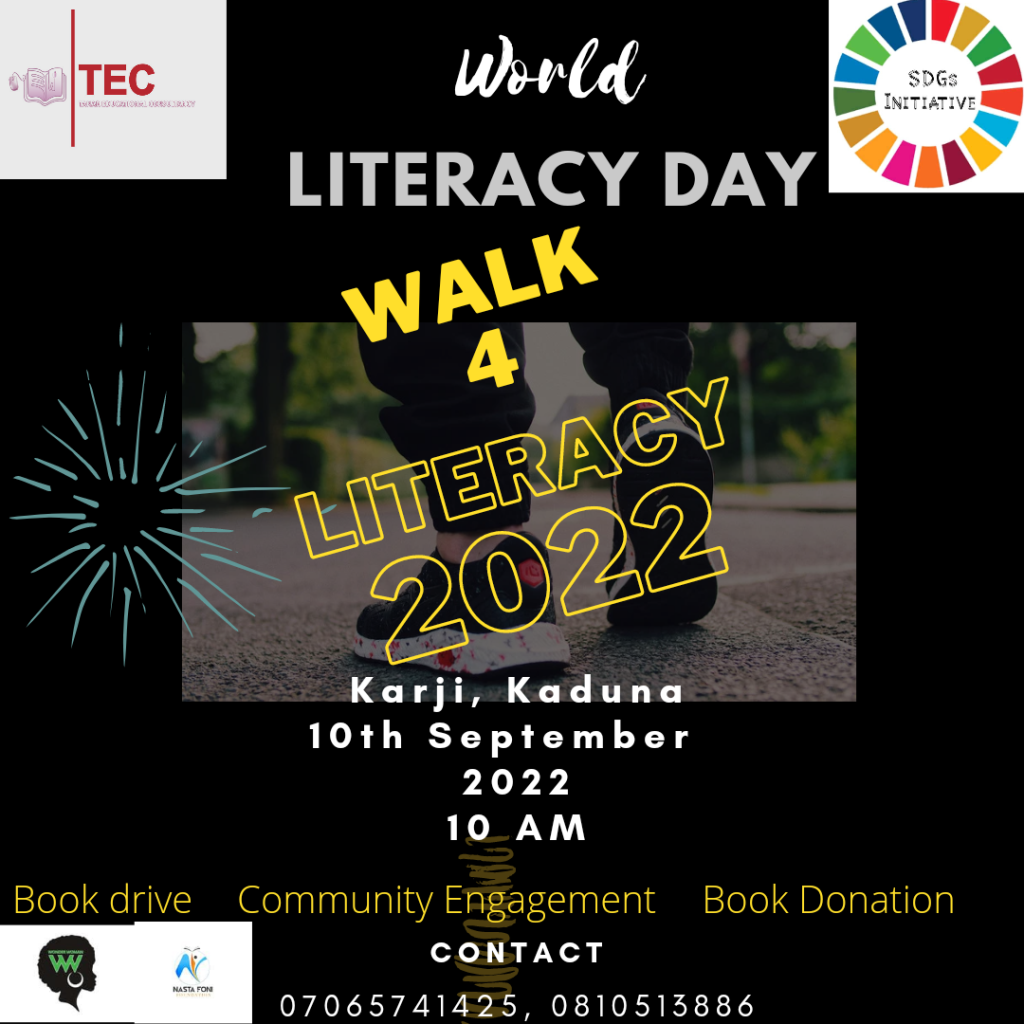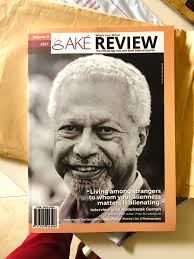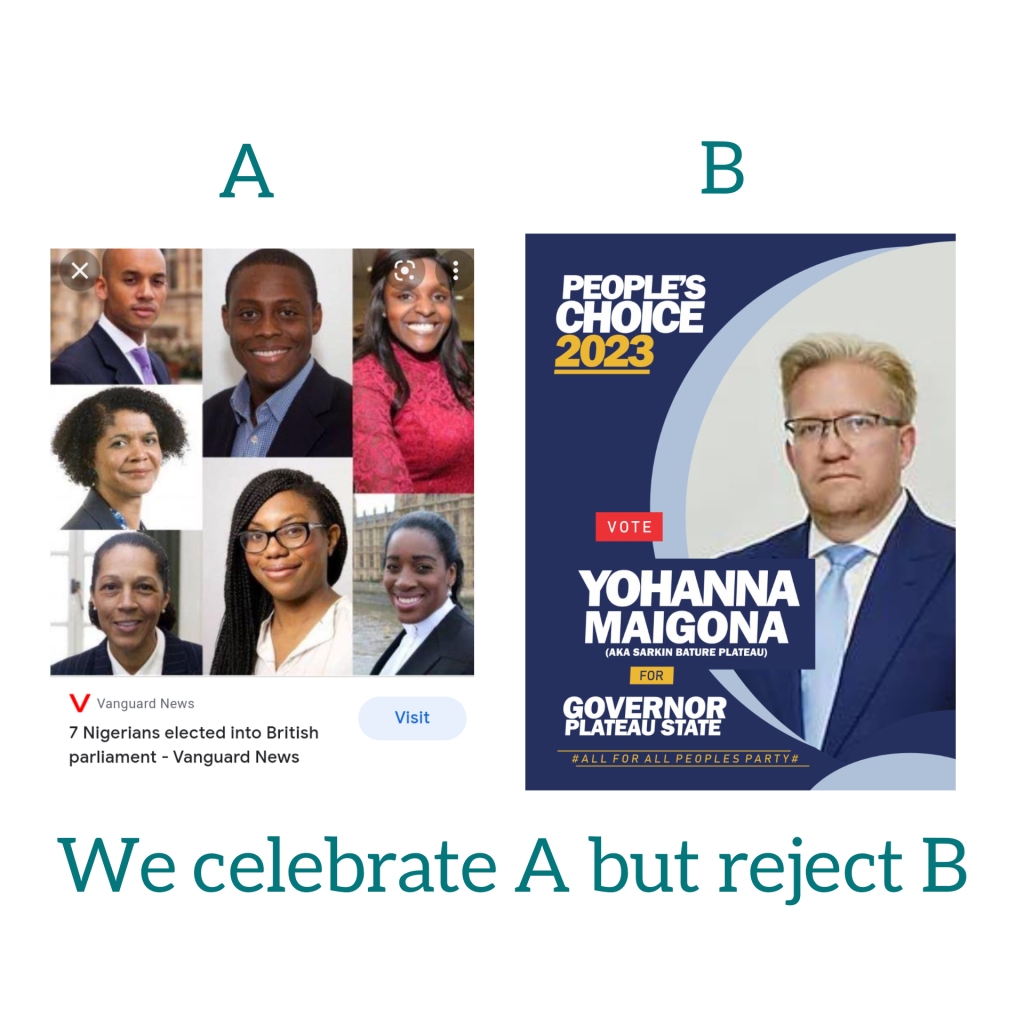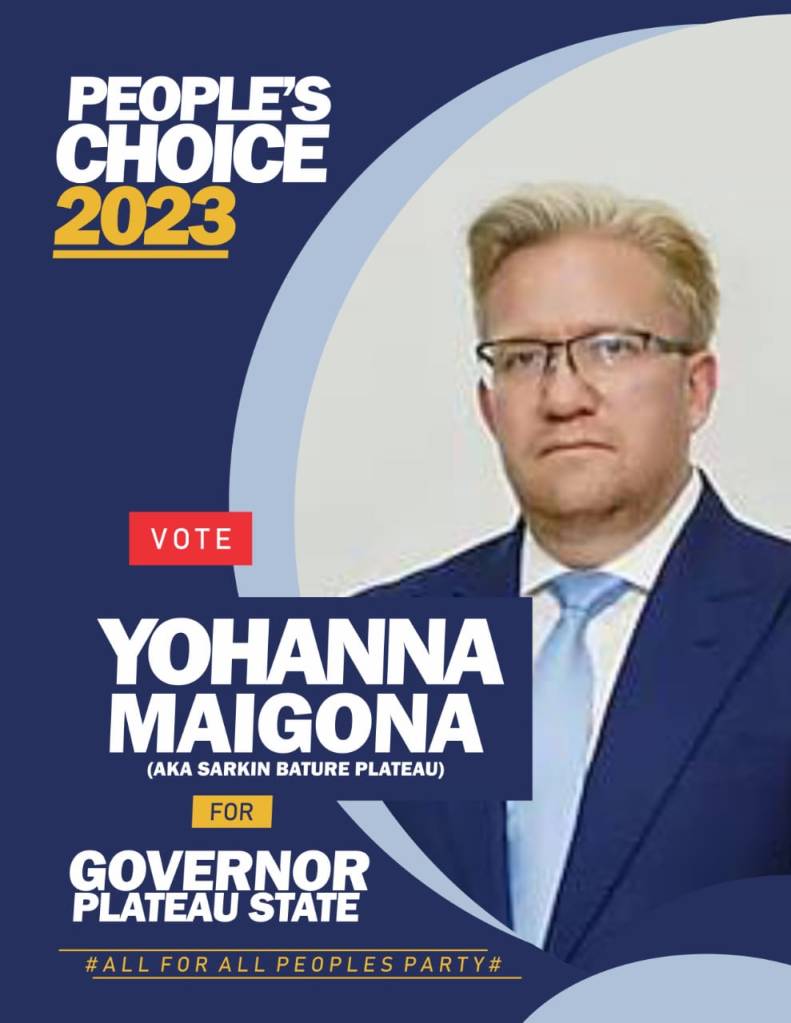It is strange to build a strong bond and friendship with someone you haven’t met physically. Wakini was such a magnet. She attracted me. She was lively and witty on our Writers Space Africa group. We had a few exchanges and we inevitably starting private communication. Then we extended the friendship and communication across social media channels. Our chats were very lively and fun. We talked about our art, culture and work. She could make fun out of every situation.
Anthony Onugba gave a challenge for people to pair and write a children’s story. Wakini was first on my mind. She was excited and we teamed up with Nahida Esmail. The legend of “Ekpu The Brave Rat” was born.
She was quick in swinging into action. I can’t remember the time frame, but she got us the first draft in less than a week. That became our adrenaline shot. Nahida and I took turns in fleshing up the work. We were like three sculptors working on a masterpiece. Each with different tools carving, filling and smoothing out the piece. When we wanned in energy, Wakini was our caffeine boost.
It was like we were in a residency room. The energy and fun was contagious. I didn’t think much of the work at the beginning. It was just one of those Writing assignments the PenBoss put us up to. However Wakini was a spear pointed at my back. I remember when we talked about how the story would end. We had arrived at a creativity cul de sac. Wakini gave me an opening. “Have you read the story to the kids in your class?” She texted one morning. Walla! That was it!
I had a class reading and the feedback illuminated our path. The conclusion was there at last. She reworked the draft and edited. Then Nahida put the glossing on the sculpture. We were good to go. The African Writers Conference was coming up in September 2019. That was a good place to present our jewel to the world. Nahida had been kind enough to arrange for the beautiful illustrations to compliment our story. We had it all laid out. Wakini was excited. We all looked forward to a new book for African children.
There were times when she stalled in getting back to me on messages. I was sometimes frustrated and felt heartbroken. She could sense it. She opened up to me on her health condition. She told me of the pains she endured while typing. Guilt struck my heart. I prayed for her. Then she told me the good news. Her doctors had discovered a new therapy for rhumathoid athritis. She was in high spirits.
“Don’t worry when you come to Kenya, I have a place for you to stay.” She couldn’t wait for AWC to come. We made plans of things to do and places to see. I longed for Kenya. I longed to see Wakini. When she couldn’t make it to Abuja for the the first African Writers Conference, I was pained. I kept her updated on the proceedings. She posted on Social media like we were together in Abuja. She felt bad missing out. I sent consolation gifts to her. She said, the best gift she would get was meeting me in Kenya. I was ready to make the gift available.
She put in her body and soul to the planning of the African Writers Conference in Kenya. She ensured that her dad would pick us up from the airport. Her enthusiasm was contagious on the planning committee group. It was going to be one big reunion in Nairobi.
I never saw it coming, like rainstorms in harmattan. I saw Nahida’s message on our book project group: “Wakini Why?” Something in that line. I thought Wakini had done something wrong. I tried to meditate. The bombshell was dropped on me. I won’t be seeing Wakini in Kenya. I didn’t have a good day in class that day. Even the kids noticed. It was like a piece of me was gone.
Wakini was a trained journalist. She graduated from St Paul’s University in 2016 hoping to throw her hat into the ring of journalism, her lifetime passion. Arthritis backpedalled her desire to some extent but her legacy lives on. She is alive in her words and our memories. In her honour the African Writers Development Trust has instituted the “Wakini Award for African Literature” which recognises the best writer in Children’s Literature in Africa.
Wakini lives on.
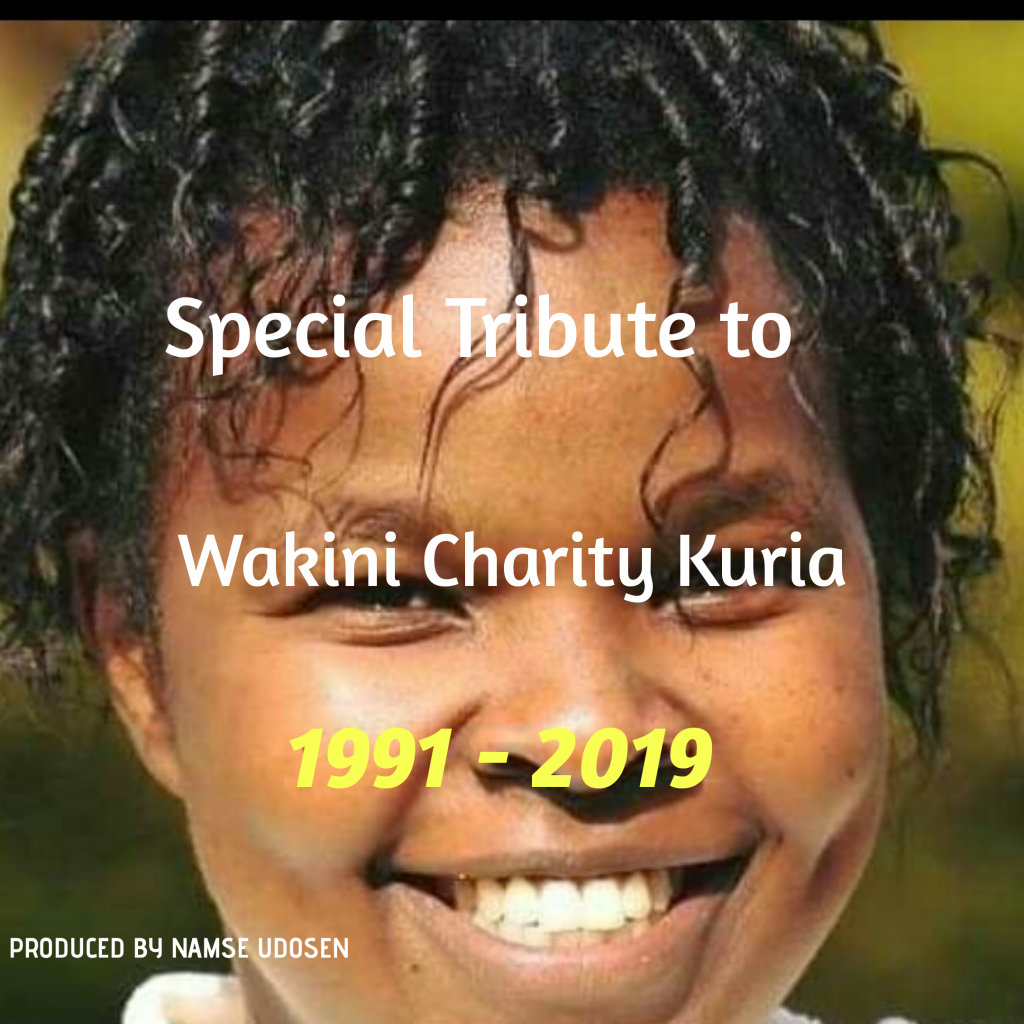
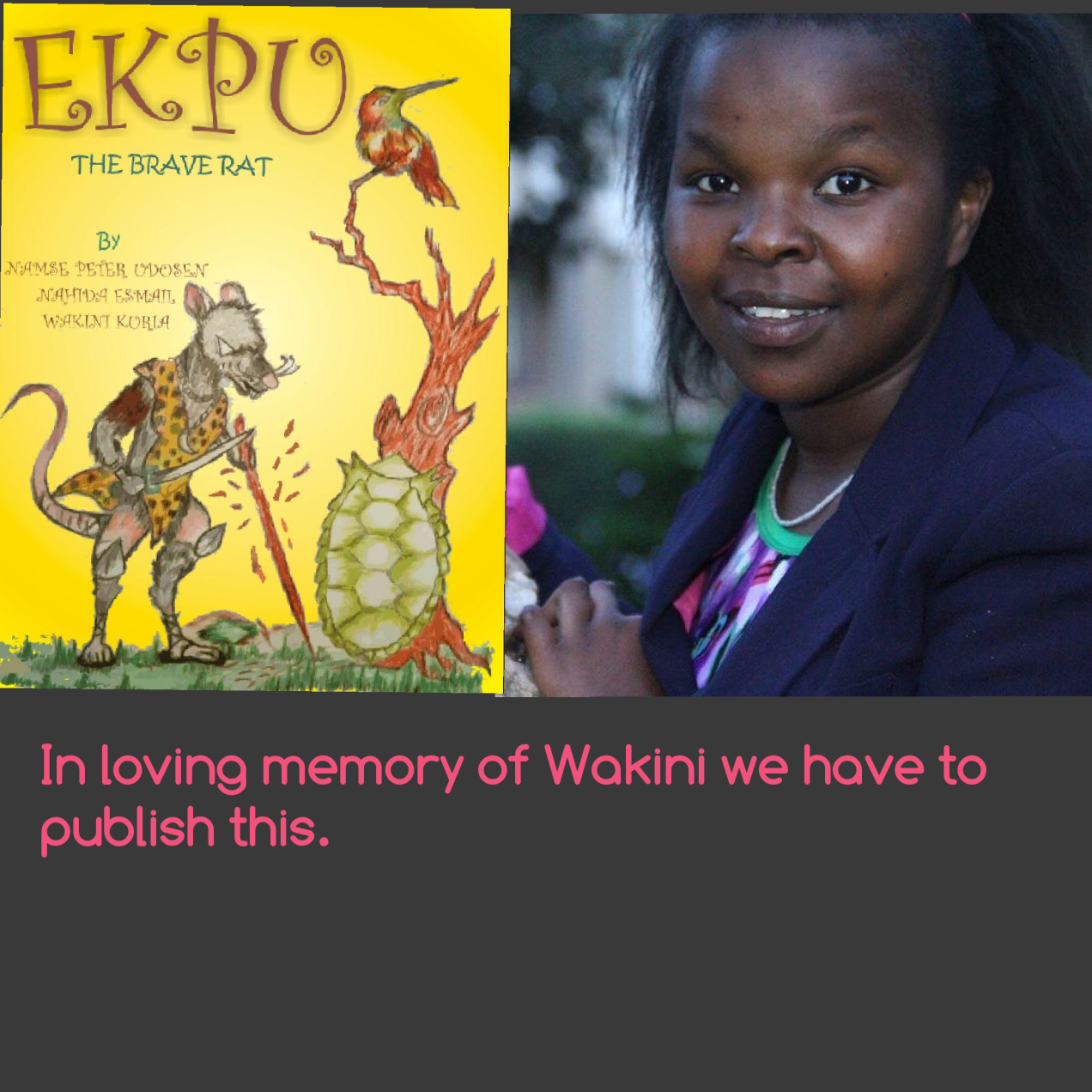
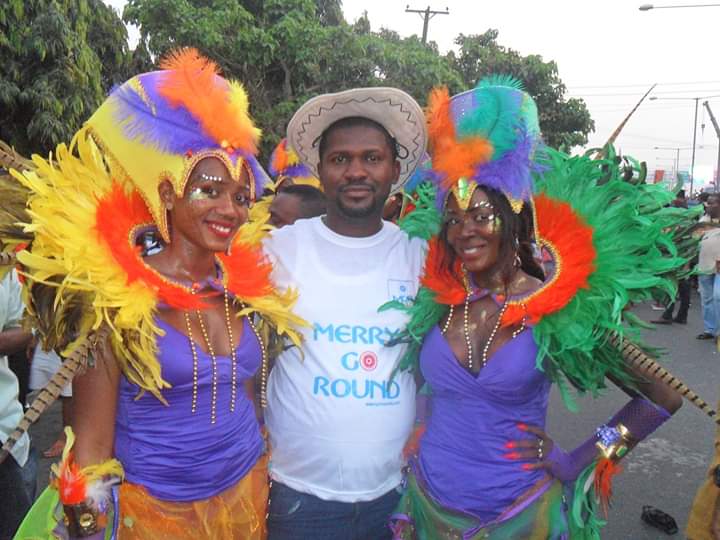 «
«